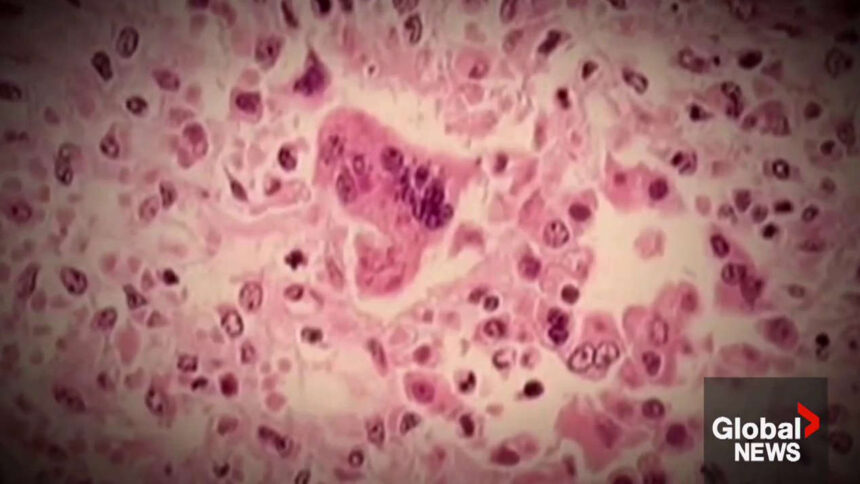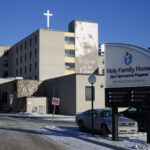As Alberta grapples with a growing measles outbreak, health officials are sounding the alarm about the risks associated with large public gatherings. The province has recorded 11 confirmed cases since the beginning of 2024, marking the most significant outbreak in nearly a decade and raising concerns about community transmission at upcoming spring events.
“What we’re seeing in Alberta isn’t just a few isolated cases—it’s a pattern that demands immediate attention,” explains Dr. Marcia Hendricks, infectious disease specialist at the University of Alberta. “Measles is extraordinarily contagious, with one infected person potentially spreading the virus to 12-18 unvaccinated individuals.”
The timing couldn’t be more concerning for public health officials. With spring festivals, concerts, and sporting events on the horizon, Alberta Health Services (AHS) has issued guidance recommending that unvaccinated individuals, particularly children under 12 months and immunocompromised persons, exercise extreme caution when considering attendance at crowded venues.
Calgary has emerged as the epicenter of the outbreak, with eight confirmed cases linked to international travel. Three additional cases in Edmonton appear to represent secondary transmission within the community, according to health department data released yesterday.
“The situation is particularly troubling because measles can spread even before symptoms appear,” notes Dr. James Wilson, Chief Medical Officer for the Calgary Health Region. “Someone can be infectious for up to four days before developing the characteristic rash, meaning they could unknowingly expose hundreds at a concert or hockey game.”
The resurgence of measles in Alberta reflects a concerning global trend. The World Health Organization reported a 79% increase in measles cases worldwide in 2023, with continued acceleration into 2024. Vaccination hesitancy, disruptions to childhood immunization programs during the COVID-19 pandemic, and increased international travel have created perfect conditions for outbreaks.
For event organizers across the province, the situation presents significant challenges. The Edmonton Exhibition Association announced it would implement enhanced ventilation protocols and provide hand sanitizing stations at upcoming events but stopped short of requiring proof of vaccination.
“We’re taking reasonable precautions while respecting individual choice,” said Marla Thompson, spokesperson for the association. “We encourage those who feel ill to stay home and those at high risk to consult their healthcare providers before attending.”
Health experts emphasize that vaccination remains the most effective protection against measles. The MMR (measles, mumps, rubella) vaccine is approximately 97% effective at preventing infection after two doses. Current Alberta immunization records indicate that approximately 86% of children have received their first dose by age two, below the 95% threshold needed for effective herd immunity.
“The math is simple—we need higher vaccination rates to prevent outbreaks like this,” Dr. Hendricks stressed. “Each percentage point below that 95% threshold creates vulnerability in our communities.”
For parents and individuals concerned about potential exposure, AHS has established a dedicated hotline offering guidance on vaccination, symptoms to watch for, and precautionary measures. Symptoms typically begin with high fever, cough, runny nose, and red, watery eyes before the distinctive rash appears.
As Albertans navigate this public health challenge, the question remains: will this outbreak serve as a catalyst for strengthening immunization programs, or will it further polarize discussions around vaccination in an already divided landscape?
For the latest updates on the measles outbreak and public health recommendations, visit CO24 News or Canada News.










